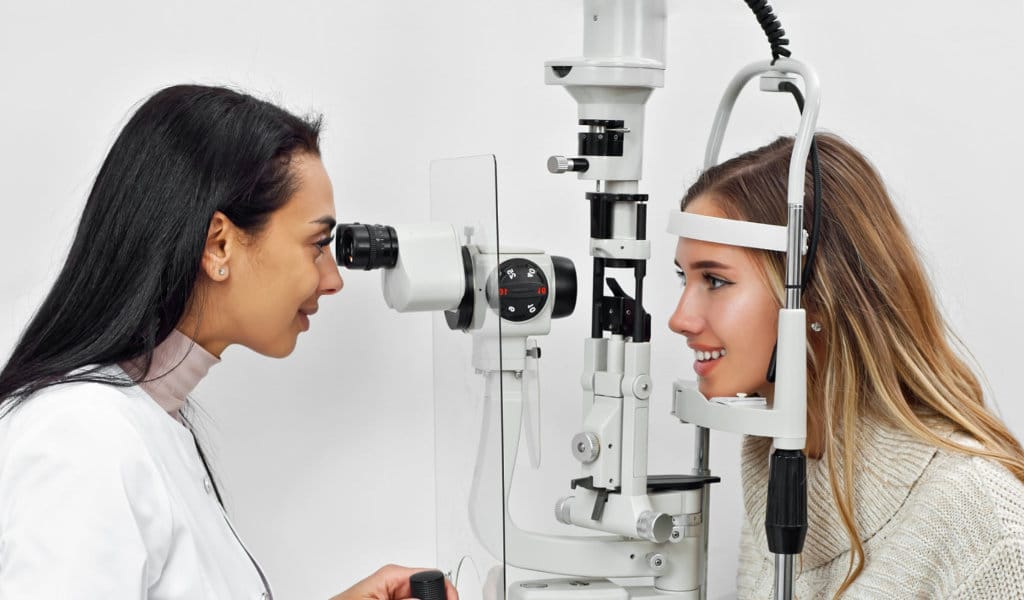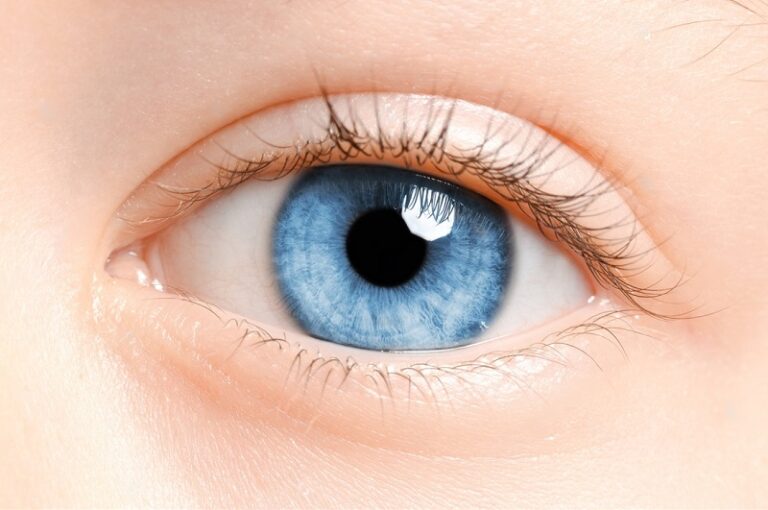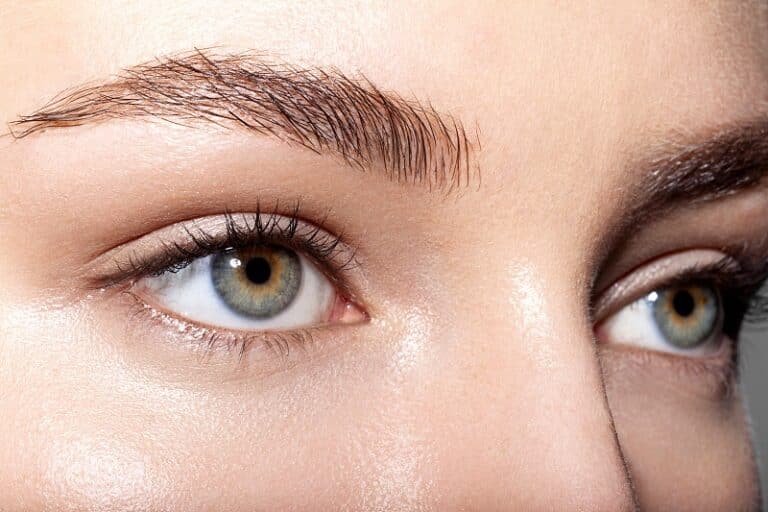What is PRK Surgery?
If you are nearsighted, farsighted, or have astigmatism, you may need corrective lenses in order to see clearly. These conditions are caused by a refractive error that keeps light from focusing clearly inside your eye, giving you blurry vision at particular distances. PRK surgery makes an excellent option for many people, even some who cannot have other types of laser vision correction such as LASIK.
What is PRK Surgery?
Photorefractive Keratectomy (PRK) uses an excimer laser to reshape the front of your eye, called the cornea, in order to correct refractive errors. PRK is an outpatient procedure that takes under half an hour. You will have numbing eye drops to prevent any discomfort, and the cornea’s outer layer, called the epithelium, will be gently removed during your treatment process. This allows Dr. Alabata at the Alabata Eye Center to use an excimer laser to reshape your cornea. Changing the shape of your cornea will redirect light so it can focus onto the retina. This will give you clearer vision. Your cornea will heal over a period of several days.

PRK Pros and Cons
PRK has several advantages over other laser vision correction surgeries. It also has some disadvantages, so we recommend a vision screening to determine which procedure will work best for you.
PRK Pros
- Safe for some people with thin corneas who cannot have LASIK
- A good option for athletes participating in contact sports or others who might dislodge a corneal flap
- The final results are similar to that of LASIK
PRK Cons
- Typically uncomfortable, but tolerable, for the first few days
- There is a delay in visual recovery as the cornea heals
- There is a risk of developing corneal haze as the cornea heals
While Lasik creates a flap in the cornea that can potentially become dislodged if traumatized or develop complications, PRK removes the outer part of the cornea and allows this layer to heal on its own with no flap risks.
What is Recovery Like From PRK Surgery?
After surgery, a bandage contact lens will protect your cornea for several days as the cornea heals. Dr. Alabata will prescribe eye drops to treat and lubricate the eyes. The epithelial layer of the cornea regrows quickly, so your vision will start to clear within about a week. Most people can drive and return to work at that time. Your eyes will be extremely sensitive to bright lights while healing, so you will have to protect yours eyes from bright sunlight. Your vision will stabilize over a period of several days and may continue to improve for up to several months after the procedure.
Request a Consultation
We’d love to help you get all the information you need in order to make the best choice for your eyes. Request a consultation today! Our staff is available and happy to answer your every question.
What Results Will I See With PRK Surgery?
Most patients will have 80% of visual improvement in their uncorrected vision within a month after PRK and 95% visual improvement in their uncorrect vision by three months afterward. Some people can stop wearing corrective lenses altogether. Some may require bifocals to read small print as you age. Most people achieve 20/40 uncorrected vision or better.
Am I a Good Candidate for PRK Surgery?
You may be a good candidate for PRK if your prescription has been stable for a year or more, you have healthy corneas and eyes, and you are 18 or older. People with most types of refractive errors make good candidates for PRK, especially those with a cornea too thin for Lasik.
Take the Next Step
To schedule your in-person PRK consultation, call Alabata Eye Center at (850) 331-3937. A referral is not necessary. We look forward to hearing from you!



